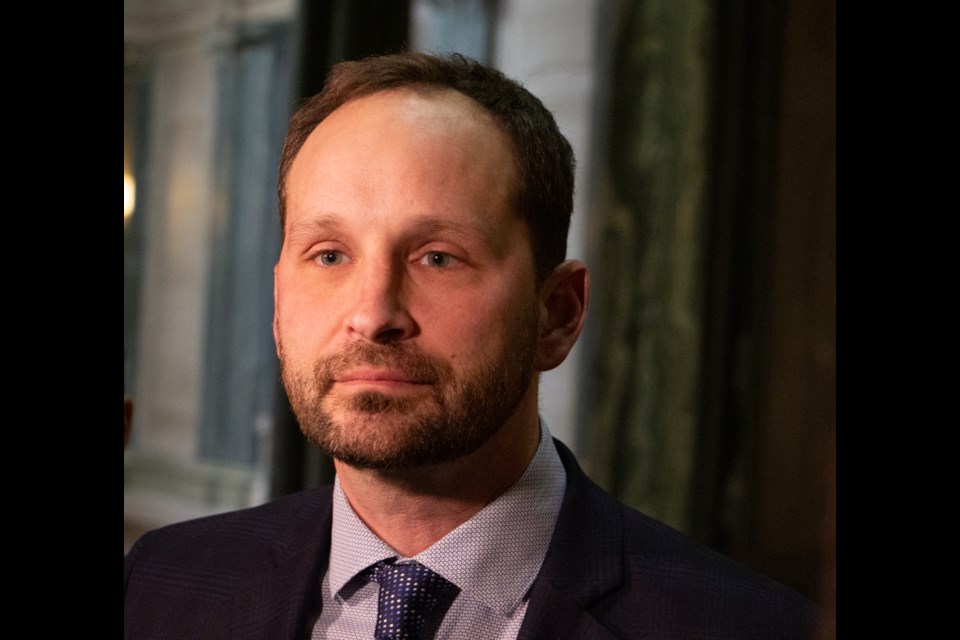Regina – On March 9, oil prices collapsed around the world, dropping as much as US$13 per barrel in intraday trading before settling in the low-US$30s for West Texas Intermediate. This happened as the world struggles with the COVID-19 coronavirus and Italy went into lockdown. Oil companies immediately started tightening their belts, re-examining their budgets, and it looks like the Saskatchewan New Democratic Party wants the Saskatchewan Party government to do the same.
In light of the global economic impact of COVID-19, NDP Leader Ryan Meili called for clarity and transparency from the provincial government when it comes to the fiscal picture they’ll present in the 2020 budget, including pushing back budget day to allow time to update the fiscal assumptions, and ensuring full debate on the budget in the legislature, the party said in a release on March 10.
“Our economy has already been rocked by the fast-spreading COVID-19 virus, and the consequences for Saskatchewan people have barely begun to be felt,” said Meili. When every $1 decrease in the price of a barrel of oil removes $15 million from our budget, it’s only reasonable that the government should revisit their assumptions to ensure we’re facing these challenges honestly.”
Minister of Energy and Resources Bronwyn Eyre, in a press conference that was supposed to be focused on well abandonments, explained on March 9 that the province is sticking with its planned budget date. yre said, “My understanding is the numbers were finalized Feb. 28. Obviously, the budget’s coming out next week. The Minister of Finance, I’m sure, will have something to say in the next day or so, and certainly on budget day, but we’re going to wait for budget day, at this point, and hope that, in the meantime, this is a short-term thing and won’t impact long-term forecasts for the price of oil.”
On Feb. 28, WTI was trading for US$44.72, and on Feb. 20, it was US$53.78 per barrel.
Specifically, Meili pushed the government to release the third quarter financial update from the 2019 budget, and push back the release of the 2020 budget, which was finalized on February 28, until updated estimates can be incorporated. The NDP noted the Sask. Party’s most recent budget estimates put the price of crude oil at $61 US per barrel in 2021. At the time of their press release, WTI was trading for US$34.76.
“Two years ago, this Premier thought it wise to delay the budget by two weeks because he’d been selected as leader of his party two months earlier,” said Meili. “If this Premier can delay a budget to give him time to take off the training wheels, why can’t he delay the budget to take into account the effects of a global market crash, a massive drop in oil prices and a world-wide pandemic? Saskatchewan people, who are already stretched and struggling, need to see that this government is taking their situation seriously.”
Alberta Premier Jason Kenney gave a press conference the afternoon of March 9, addressing the drop in oil price as well as the impact of the COVID-19 coronavirus. His government had just presented its own budget on Feb. 27. He said the budget would be passed as presented, but expected an update in the second quarter of 2020, essentially weeks away, reflecting the new reality of much lower oil prices. That province will be organizing an urgent economic panel, with Jack Mintz, University of Calgary economics professor, as its head.
Alberta’s budget forecast oil at US$58 per barrel for 2020.



